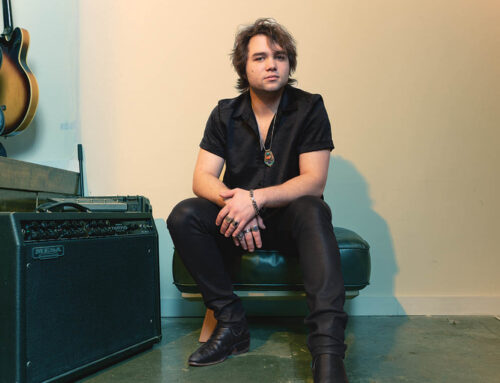My imagination is always stirred by images of the Exodus — the Hebrews’ 40-year-long trek through the wilderness from slavery in Egypt to an unknown but Promised Land. At times I find myself identifying with those pilgrims, as they “murmured” in the wilderness, wishing they could go back to Egypt where they were slaves, but where life at least was predictable. At other times, I identify with Moses, Aaron and Miriam, who had to bear the burden of all these unhappy people for 40 long years.
The Bible often provides powerful images of life as we live it today. I, too, have had my wilderness wanderings, when I couldn’t see the road ahead. I’ve done my share of complaining, and to be honest I’ve had to put up with my share of complaining when the saints I’m called to lead get impatient with (to borrow a phrase from Eugene Peterson) the “long obedience in the same direction.” It does seem that sometimes, like the ancient Hebrews, we prefer a known misery to an unknown future.
In his lesser-known sequel to his best-selling book “The Road Less Traveled,” titled “Further Along the Road Less Traveled: The Unending Journey of Spiritual Growth,” M. Scott Peck recounts his own journey through addiction to alcohol. Seeking to find meaning in his addiction and road to recovery, he draws upon the Exodus experience. Describing our common human situation, he observes that we all have left a past behind — a past that may be far from perfect, and yet we yearn to go back to a time that was, at least, predictable. We find the wilderness journey of the present uncomfortable and the road ahead unclear. Because of the uncertainty, we yearn (once again) to return to a known misery, rather than an unknown future. Finally, he describes addiction as an attempt to go back — an attempt that, in the long run, never works. Like Adam and Eve, cast out of paradise to wander “east of Eden,” the road back to the garden is blocked by a flaming sword. The only way to live well is to risk living forward.
[quote align=”right” color=”#000000″]We find the wilderness journey of the present uncomfortable and the road ahead unclear. Because of the uncertainty, we yearn (once again) to return to a known misery, rather than an unknown future.[/quote]There’s a great scene in the 16th chapter of the book of Exodus. The people have been murmuring in the wilderness. Moses tells Aaron to tell the people, “Draw near to the Lord, for he has heard your complaining.” Then something extraordinary happens. In the very next verse we read, “As Aaron spoke … they looked toward the wilderness, and the glory of the Lord appeared …” Notice that the divine glory was not to be found back in Egypt, but in the unknown and uncharted wilderness, because that is where God was to be found.
I’ve always had difficulty with phrases like “back to the Bible” or “back to God,” because the truth is that God is not “back there,” but up ahead, leading and inspiring us.
I suspect there are some who will read this column who are walking some lonely wilderness road, perhaps wishing there was a way back. The road ahead is unclear, and the wilderness is a scary place. This old story may be a helpful reminder that God is out there in the future, even in the wilderness, meeting you around the next corner.







